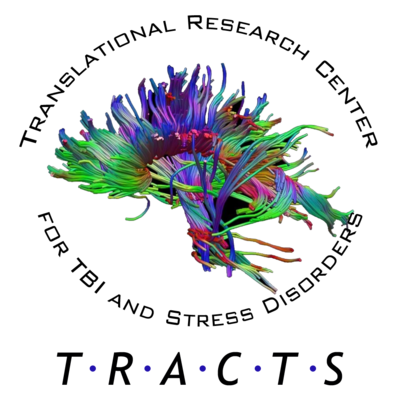Date Published:
AugAbstract:
Early life trauma (ELT) has been shown to impair affective control and attention well into adulthood. Neuroimaging studies have further shown that ELT was associated with decreased white matter integrity in the prefrontal areas in children and adults. However, no study to date has looked at the relationship between white matter integrity and affective control in individuals with and without a history of ELT. To examine this, we tested 240 Veterans with (ELT N = 80) and without (NoELT N = 160) a history of childhood sexual abuse, physical abuse or family violence. Affective control was measured with the Affective Go/No-Go (AGN) and attention was indexed with the Test of Variable Attention (TOVA). White matter integrity was measured using fractional anisotropy (FA). Results showed greater number of errors on the AGN in ELT compared to NoELT. There was no difference on the TOVA. While there were no mean differences in FA, there was an interaction between FA and reaction time to positive stimuli on the AGN where the ELT group showed a positive relationship between FA and reaction time in right frontal and prefrontal areas, whereas the NoELT group showed a negative or no association between FA and reaction time. This suggests that ELT may be associated with a distinct brain-behavior relationship that could be related to other determinants of FA than those present in healthy adults.Notes:
1879-1379Corbo, VincentAmick, Melissa AMilberg, William PMcGlinchey, Regina ESalat, David HI01 CX001327/CX/CSRD VA/United StatesR01 NR010827/NR/NINR NIH HHS/United StatesJournal ArticleEnglandJ Psychiatr Res. 2016 Aug;79:70-77. doi: 10.1016/j.jpsychires.2016.05.001. Epub 2016 May 4.